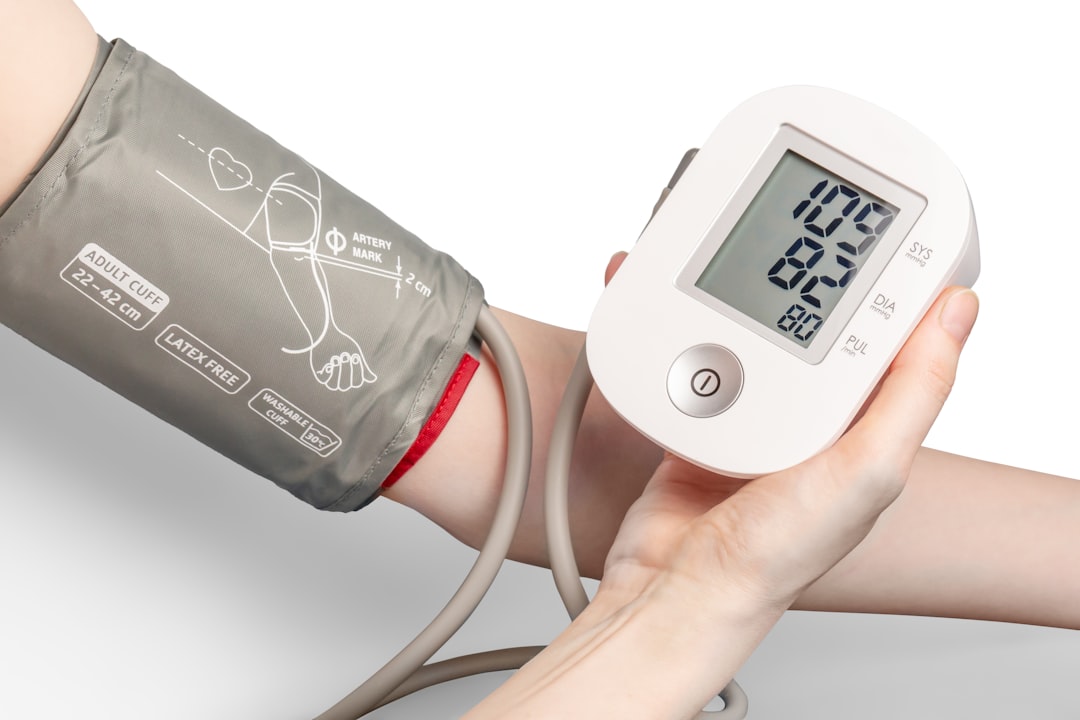What is it about?
Although most primary care practitioners thought it was important to identify new cases of COPD early, they also recognised that there were implications for both patients (potentially receiving a lable without any health benefit) and the health service (increase in workload). The paper describes some of the barriers and facilitators to early detection of COPD in primary care.
Featured Image
Why is it important?
Worldwide, efforts are being made to uncover the millions of people with undiagnosed COPD. The assumption is that this must be a good thing and there is an overemphasis on the potential benefits. Any benefits from early identification of COPD can only be realised if practitioners and patients are on board, both to engage with activities for early identification, and subsequently to intervene to improve outcomes in those who are newly diagnosed. We describe some of the barriers that practitioners would face, including limited resources and expertise, as well as factors that could support endeavours to increase early detection of COPD.
Perspectives
This paper provides pause for thought before rolling out of screening services in primary care. Unless the barriers identified are tackled, any efforts to screen for undiagnosed COPD will be wasted and not lead to patient benefit.
Professor Peymane Adab
The University of Birmingham
Read the Original
This page is a summary of: Case finding for COPD in primary care: a qualitative study of the views of health professionals, International Journal of Chronic Obstructive Pulmonary Disease, August 2015, Dove Medical Press,
DOI: 10.2147/copd.s84247.
You can read the full text:
Contributors
The following have contributed to this page










